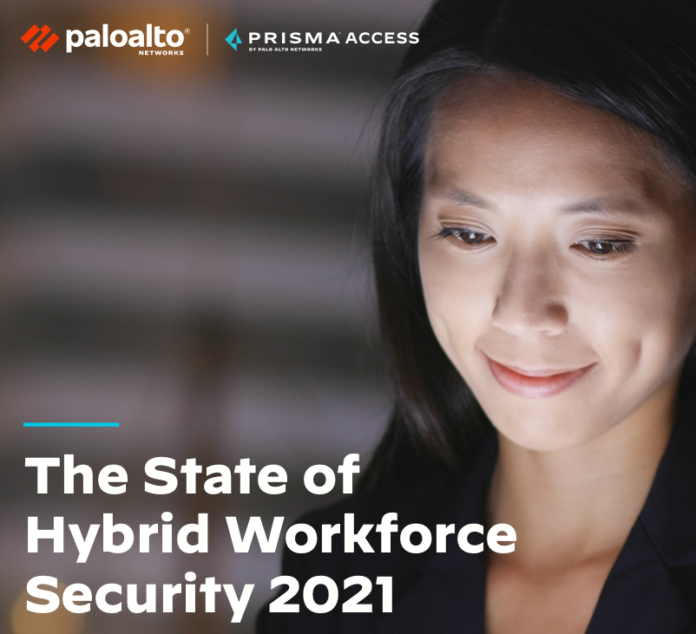Organisations in Singapore struggled with remote access as well as the security challenges of a hybrid work model as almost two-thirds (65%) said they faced issues on providing the needed remote security to support work-from-home capabilities, according to new research from Palo Alto Networks.
Researchers from ONR surveyed and interviewed 3,000 enterprise IT participants — including 750 in the Asia-Pacific region — who are involved in information security, network operations, and application development.
Findings show that maintaining comprehensive security (65%) was also cited as the top remote access challenge organisations faced when expanding work-from-home capabilities in response to COVID-19.
Many leaders fear that their organisations are now at higher risk due to previous shortcuts that were taken.
Almost half of organisations that prioritised remote access over security are now exposed to significant security risks, from unchecked acceptable use policy violations (46%) and unsanctioned application usage (45%).
The problem is made worse with 30% of organisations reporting that their employees either circumvented or purposely disabled the remote security measures they implemented.
Security took a back seat for many organisations while they focused on enabling remote access for employees to work from home.
About two in every five (39%) organisations admitted that they had to compromise their level of remote security in order to immediately enable work-from-home capabilities.
Also, organisations admitted to compromising security or increasing security risk through lax enforcement of security policies and allowing employees more leeway than what was normally acceptable.
Further, organisations are looking to secure the hybrid workforce of the future with a comprehensive, end-to-end solution.
With 69% of organisations planning a hybrid workforce solution in the coming year, 89% of organisations consider modernising their remote access architecture a top leadership priority.
Meanwhile, 77% of organisations also expect to have their security mostly or completely in the cloud over the next 24 months.
Among respondents, 82% believe a single, end-to-end comprehensive solution to remote security would improve their remote security posture.
















